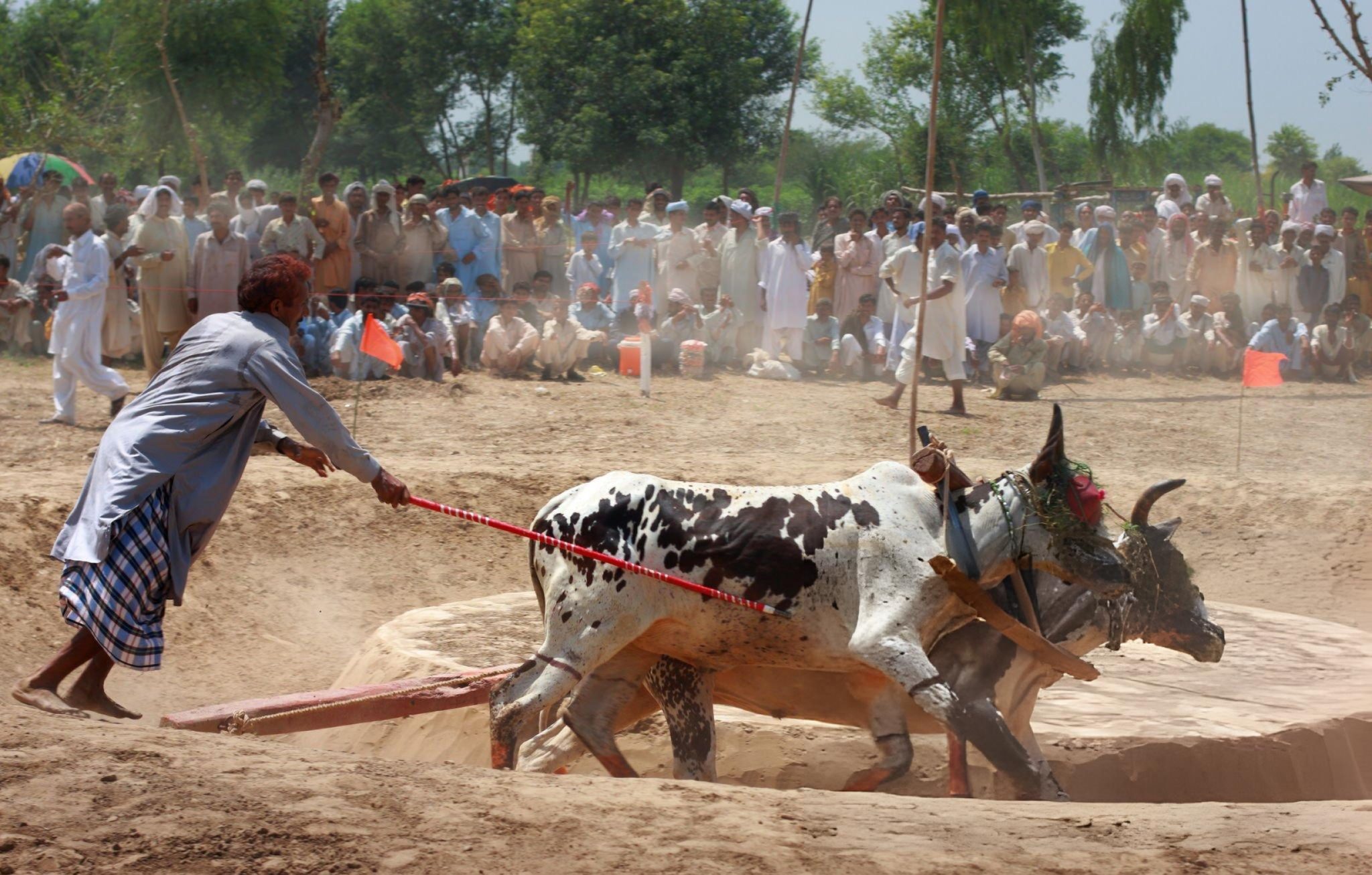A recent review petition is still sought to challenge a landmark judgment of the Supreme Court wherein the legality of traditional sports like Jallikattu, Kambala, and Bullock Cart Racing was upheld. Steeped in profound cultural and historical significance in different parts of India, the prima facie lawfulness of these traditional practices has been subject to legal scrutiny and regulatory challenges over time, primarily around issues relating to animal rights and welfare.
The Supreme Court judgment upholding the legitimacy of Jallikattu, Kambala, and Bullock Cart Racing, subject to certain conditions, has sparked controversy and debate throughout the country. For both sets of stakeholders who believe in the rich cultural heritage and potential economic gain that these sports would bring to rural regions, animal lovers and those working towards the protection of the environment express apprehensions related to animal cruelty and welfare issues that go in tandem with such sports.
On the other hand, Jallikattu, a bull-taming sport prevalent in Tamil Nadu, is part of a Pongal festival where young men try to subdue bulls by holding their humps and try to retain their ride as they run. A traditional buffalo race held by the name of Kambala in coastal regions across Karnataka and bullock cart racing prevalent in states such as Maharashtra and Gujarat constitute an intrinsic part of local cultural festivities and agricultural traditions.
These practices have retardedly evolved into a protracted legal battle with interests and perspectives in sharp contrast that come to form public discourse and judicial decisions. When, in 2014, the Supreme Court banned Jallikattu over grounds of animal cruelty and violation of animal welfare laws, there were protests and sweeping opposition to this in Tamil Nadu, where it has deep cultural and religious connotations for being practiced as a sport.
In 2017, after continuous public outcry and pressure to protect cultural traditions, the Indian government brought in amendments to its Act exempting Jallikattu and all those sorts of practices from the purview of the ban, subject to certain conditions. These ranged from humane treatment of animals and veterinary supervision to safety regulations that safeguarded participants and spectators.
The traditional sports of Jallikattu, Kambala, and Bullock Cart Racing represent a complex balancing act between protecting cultural heritage, animal welfare, and regulatory controls. On one side of the scale are those arguing for retaining cultural history for its value to generations, and on the other are critics averring that such practices foster cruelty to animals and, at the same time, violate ethical standards of treatment.
The Supreme Court’s judgment upholding such practices, subject to some stipulations, was thus a compromise between cultural feelings and consideration for animal welfare. Pending review, however, squarely brings to the fore questions of law with respect to the interpretation and application of the animal rights law insofar as traditional sports and cultural practices are concerned.
Those opposed to the Supreme Court judgment have argued that exemptions given to Jallikattu, Kambala, and Bullock Cart Racing go fundamentally against the principles of animal welfare as enshrined in Indian law. Moreover, due to these sports, animals are put under unnecessary stress, injury, and exploitation for the amusement and display of cultural pageantry, without suitable safeguards taken for their well-being.
For instance, these classic sports are claimed to help out in the rural communities surrounding them in many ways, becoming socio-economic lifelines, especially due to culturally and economically relevant events like Jallikattu.
Review petitions, therefore, are challenges in the legal world for a review of the Jallikattu, Kambala, and Bullock Cart Racing decisions on ethical and legal grounds once again, awaiting the Supreme Court’s verdict in the light of changing views on animal rights and cultural preservation. The petitioners have sought a stronger implementation of animal welfare standards and alternative measures for maintaining cultural traditions without compromising on animal welfare.
The two sides are now preparing their arguments to be presented before the Supreme Court of India, marking out the complex play of tradition, law, ethics, and public policy. The judgment would, therefore, be perceived as a way ahead into the future regulation and practice of traditional sports in India, setting a regard for cultural preservation and animal welfare balancing within the legal and regulatory framework.
In terms of resolution moving into the future, this legal challenge could include even more intensive deliberations and considerations between diverse expert perspectives from experts in the law, proponents of culture, activists fighting for animal rights, and governmental authorities. Deep implications would result from the Supreme Court decision: one that protects cultural diversity, animal welfare, or even stakeholder rights in traditional sports.
What this has done, in effect, is illustrate the case of the review petition challenging the judgment of the Supreme Court concerning the legality of Jallikattu, Kambala, and Bullock Cart Racing, pitted as an intricately contentious exercise between cultural heritage and animal welfare concerns. While legal battles ensue, sectoral stakeholders will be staunch in their arguments, howling into an uncertain future regulatory environment and a social attitude towards customs steeped in cultural heritage.







